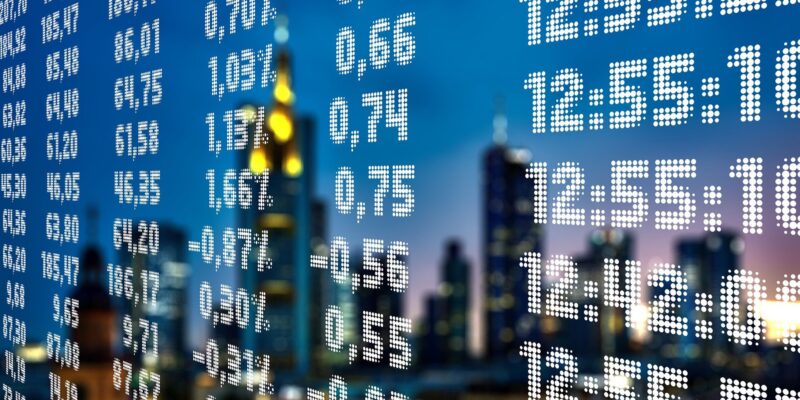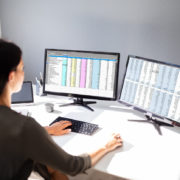
The foreign exchange market or FX market is the largest and most liquid market globally, with an average daily turnover of more than $5 trillion. The FX market is open 24 hours a day, from Sunday evening to Friday night.
There are three major FX trading sessions globally: the Asian session, the European session, and the North American session.
The Asian session
The Asian session starts at 10:00 pm GMT and ends at 7:00 am GMT, when most Asian markets are open, including Tokyo, Singapore, and Hong Kong. The Asian session is the least active, with an average daily turnover of less than $500 billion.
The European session
The European session is the most active, with an average daily turnover of more than $2 trillion.
The European session starts at 8:00 am GMT and ends at 5:00 pm GMT, when most of the European markets are open, including London, Frankfurt, and Paris.
The North American session
The North American session is the second most active, with an average daily turnover of more than $1 trillion. The North American session starts at 1:00 pm GMT and ends at 10:00 pm GMT, when most of the North American markets are open, including New York and Toronto.
The FX trading sessions and currency pairs
Most currency pairs are traded during the European and North American sessions, and particularly during the overlap between the two. During the European session, the most actively traded currency pairs include EUR/USD, GBP/USD, USD/CHF, and USD/JPY. During the North American session, the most actively traded currency pairs include EUR/USD, USD/CAD, USD/JPY, and GBP/USD.
The Asian session is the least active for currency pairs. The most actively traded currency pairs during the Asian session usually pertain to currencies native to Asia and Oceania and include USD/JPY, AUD/USD, NZD/USD, and USD/SGD.
The FX trading sessions and time zones
The North American session is in the Eastern Time Zone (ET), UTC-5. The European session is in the Central European Time Zone (CET), UTC+1. The Asian session is in the Tokyo Time Zone (JST), which is UTC+9
Why trade during the European session?
The European session is the most active, with an average daily turnover of more than $2 trillion because most of the world’s largest banks and financial institutions are located in Europe.
Why trade during the North American session?
The North American session is the second most active, with an average daily turnover of more than $1 trillion. The North American session starts at 1:00 pm GMT, when most of the North American markets are open, including New York.
Why trade during the Asian session?
The Asian session is the least active, with an average daily turnover of less than $500 billion. However, the Asian session starts at 10:00 pm GMTwhen the majority of the Asian markets are open, including Tokyo, Singapore, and Hong Kong, and trades who prefer to trade late at night can do so during this time.
Benefits of trading during a significant FX trading session
The benefits of trading on a significant FX trading session include:
- Increased liquidity: There is more activity and more participants in the market, which means that there is more liquidity, making it easier to get in and out of trades.
- More opportunities: There are more opportunities to trade as more currency pairs are being traded.
- More significant price movements: There is greater price movement during the major FX trading sessions, as there is more activity in the market.
Summary
The benefits of trading in a forex market session include increased liquidity, more opportunities, and more significant price movement. The risks of trading on a significant FX trading session include higher volatility, greater competition, and the need for more capital. In the end, when you want to place your trades is entirely your decision to make as a forex trader, and there is no right or wrong answer.



